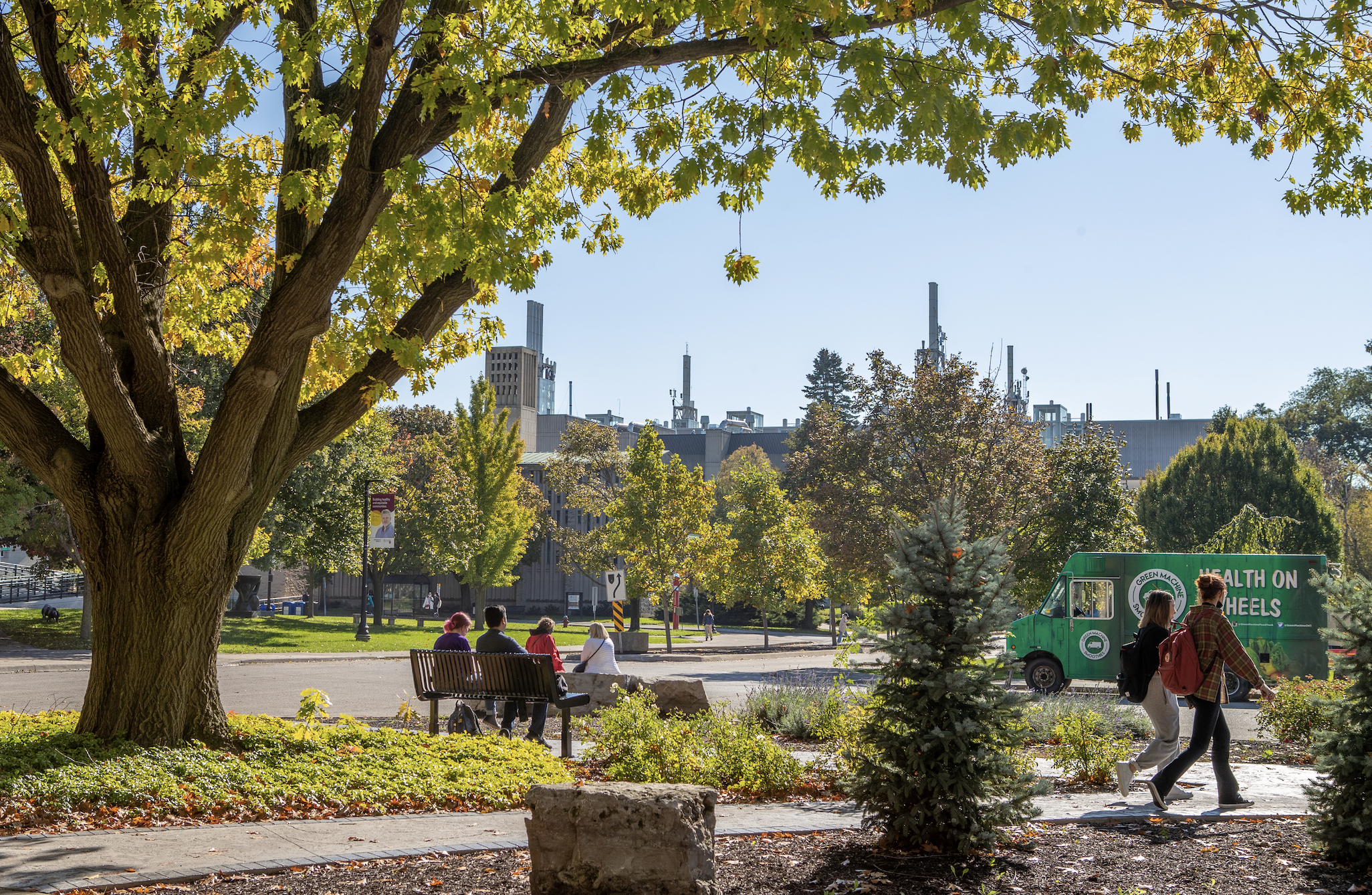Spotlight on SOTL: Addressing microaggressions experiences by Indigenous students in Canadian universities: What we can do as campus community members

This article is based on the following research article:
Canel-Çınarbaş, D., & Yohani, S. (2019). Indigenous Canadian university students’ experiences of microaggressions. international Journal for the Advancement of Counselling, 41(1), 41-60. https://doi.org/10.1007/s10447-018-9345-z
In this article, researchers situate the voices and lived experiences of Indigenous students to discuss the harmful effects of racial and cultural microaggressions in Canadian universities. The authors define microaggressions as brief, commonplace, verbal, behavioral, or environmental indignities – which, whether intentional or not – communicate hostility to, or superiority over a group, or individual.
These are personal manifestations of structural inequities. The researchers suggest both implications, and corrective measures for educators.
What did the researchers do and find?
This research team at a western Canadian university, including Indigenous research assistants, conducted culturally informed focus groups as well as follow-up interviews with seven self-identified Indigenous students about their experiences with microaggressions in their academic lives in Canadian universities. Researchers Canel-Çınarbaş and Yohani found that all Indigenous students interviewed had experienced microaggressions during their time at university resulting in feelings which ranged from non-belonging to overt discrimination.
Throughout the interview process, seven main themes emerged as common experiences of Indigenous students in Canadian university settings:
- Overt discrimination – experience of explicit or obvious discrimination
- Assumption of intellectual inferiority – experience of being undermined in an educational setting
- Assumption of criminality – experience of being inappropriately and inaccurately accused of criminal activity or behaviour
- Invalidation or denial of both identity and experiences – invalidation or negation of culture, identity, spirituality, and history; as well as denials, or dismissals of lived experiences of racism
- Second-class citizenship – perceived differences in treatment, service provision, resource allocation to Indigenous peoples
- Racial segregation – physical and intellectual othering
- The myth of meritocracy – the myth that “hard-work” is a neutral requisite for ‘success’, and not reflective of privileged social locations, and the complex history of education and Indigenous peoples in Canada.
How might you use this research in your teaching?
As stated in the article, “the institutionalized aspect of racism in relation to Indigenous peoples is a critical component in understanding racial microaggressions in Canada” (p. 57), making this a timely read in light of Canada’s Day for Truth and Reconciliation, and Orange Shirt Day on September 30th.
As members of the campus community, it is imperative that we reflect on the themes identified by the students as a mean to consider our own implicit biases, and responsibilities as we work towards addressing the Truth and Reconciliation Reports Calls to Action on education.
In reflecting on the experiences of the participants in this study, we should consider how we – as educators – address these subtle, but not benign assumptions and conditions in our classrooms, workspaces and relations by reducing biases and centring Indigenous voices and lived experiences in research and teaching. This research should empower all members of the campus community to reconsider their own unconscious biases to co-create intellectually, and culturally safe classroom conditions that include Indigenous lived experiences and diverse histories as a means to enriching our shared intellectual spaces.
In addition, the article encourages individuals to actively work to understand the diverse cultural backgrounds of their Indigenous students and colleagues. One way you might accomplish this is to enroll in the Indigenous Canada online course offered through the University of Alberta or the Reconciliation Through Indigenous Education online course offered through the University of British Columbia. Both courses are free and take approximately 20 hours to complete.
Carrie McMullin is a new Educational Developer in the MacPherson Institute with a particular focus on Indigenous Androgogies. Carrie was born and raised in Hamilton and is Mohawk (Six Nations of the Grand River), and a recent graduate from McMaster’s History M.A. program. If you would like to speak to Carrie about ways you might incorporate Indigenous histories and ways of knowing into your courses, please reach out to Carrie via email].
Stay tuned for the next Spotlight on SoTL coming to the MacPherson Memo on October 26, 2022.
Spotlight on SOTL
